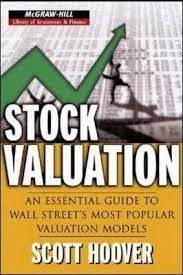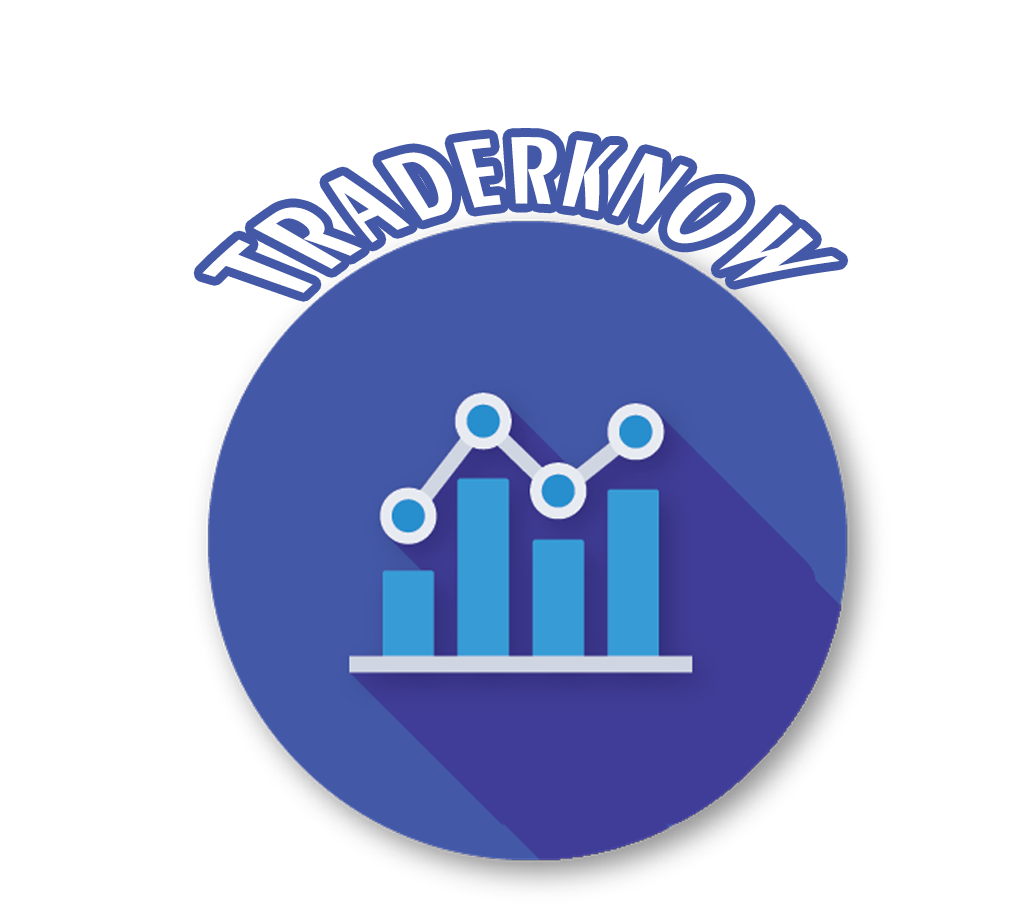
Stock Valuation by Scott Hoover
Experienced consultant and educator Scott Hoover analyzes the limitations and idiosyncrasies of the major evaluation models. He examines the time value of money, cash flow analysis, discount rates, and other tools, and explains how money managers and banks apply them to the valuation. Also
Discover the overpriced stocks before your competition does
Successful investing is about beating market benchmarks. To do this, you need to identify the wrong stocks, evaluate them, and know how to invest. The stock valuation is one of the most widely practiced on Wall Street, focusing on the theoretical foundations of these models and how they perform when applied to actual trading in the market.
Essential for sophisticated investor access and investment professionals, stock valuation features:
Step-by-step examination of the exact valuation building blocks that lead to the construction and implementation of the discount cash flow (DCF) model
An informative chapter-by-chapter Evaluation Study of the actual company, providing examples of each concept applied in a real situation
There are three investment professionals who have outperformed the market over the long term, including Warren Buffett, Peter Lynch, legendary mutual fund manager Bill Miller. Also
Low-priced companies generally do not announce their existence, but they exist. The stock valuations reveal before the rest of the market finds them and closes the value gap, and explain the tools needed to profit from the overpriced stocks.
An accurate stock valuation is a complex process that strives to eliminate volatility and surprises, while revealing signs that investors point to potentially valuable opportunities. And while professional investors know that it is really the numbers that tell the story, they also know that the spread is when exposed to the Give and take of the market. Also
Stock valuation integrates the theoretical and practical world into a single resource for the valuation of listed companies. It will carefully explain and provide detailed details of each component in the evaluation process. The book will also help you use this knowledge to reach accurate stock valuations in the real world, while substantially improving investment performance and minimizing risk. Also
Share evaluation function:
Malkiel model, DCF model, LBO analysis, deal comparison, and deal comparison–detailed look at the most popular rating models in the investment community
Balance sheet, income statement, and cash flow statement–review of the company’s three main financial statements and how to interpret exactly what each says.
The”time value of money” equation for assessing any stock or issue in virtually any investment situation
Technology to measure risk first and then convert that risk measurement into a corresponding required return
Two approaches to predicting future growth and free cash flow.
In equity valuation, veteran valuation practitioner and educator Scott Hoover is theoretically sound, and the valuation is consistent with the way done by Wall Street experts, from the valuation price formation and current and future value, to the discount rate calculation, the major financial statements analysis, capital structure and capital costs, the evaluation used by the investment professionals is consistent with the valuation
About the author
Scott Hoover is an accomplished business valuation consultant who is an award-winning associate at Washington. And Lee universities, Hoover is a popular choice for professional and academic conferences. Also
Stock trading course:learn about stock trading
A stock trader or stock trader or stock trader is a person or company involved in trading stock securities.
Stock traders may be agents, hedgers, arbitrators, speculators,stockbrokers.
Such stock trading in large listed companies can be carried out through the stock exchange. Also
Shares of small public companies can be bought and sold in over-the-counter (OTC) Markets.
Stock traders can trade on their own account through a proxy called their own trade. Ar authorized to buy and sell on behalf of the owner.
Trading through an agent is usually through a stockbroker. The agent is paid a commission to conduct the transaction.
Major stock exchanges have the ability to limit price fluctuations (volatility) by buying. And selling shares of a particular company on their behalf and on behalf of other customers.
Also Get Stock Valuation by Scott Hoover on Traderknow.com
Visit more course: FOREX TRADING COURSE
The same course: Bill Williams Eduard Altmann SMB Simpler Trading Van Tharp Atlas Api Training Trading Template Sunil Mangwani Sunil Mangwani Frank Paul . Also Market Delta Tradingacademy Simplertrading Urbanforex. Also Candlechartscom Dan Sheridan Pipsociety Atlas Api Training TopTradeTools Todd Mitchell Jerry Singh OpenTrader Alexandertrading Daytradingzones
Available at traderknow.com
Please contact email: [email protected]
FOREX TRADING COURSE, FOREX TRADING, FOREX COURSE, TRADING COURSE, FOREX
Course Features
- Lectures 0
- Quizzes 0
- Duration 20 hours
- Skill level All levels
- Language English
- Students 95
- Assessments Yes


